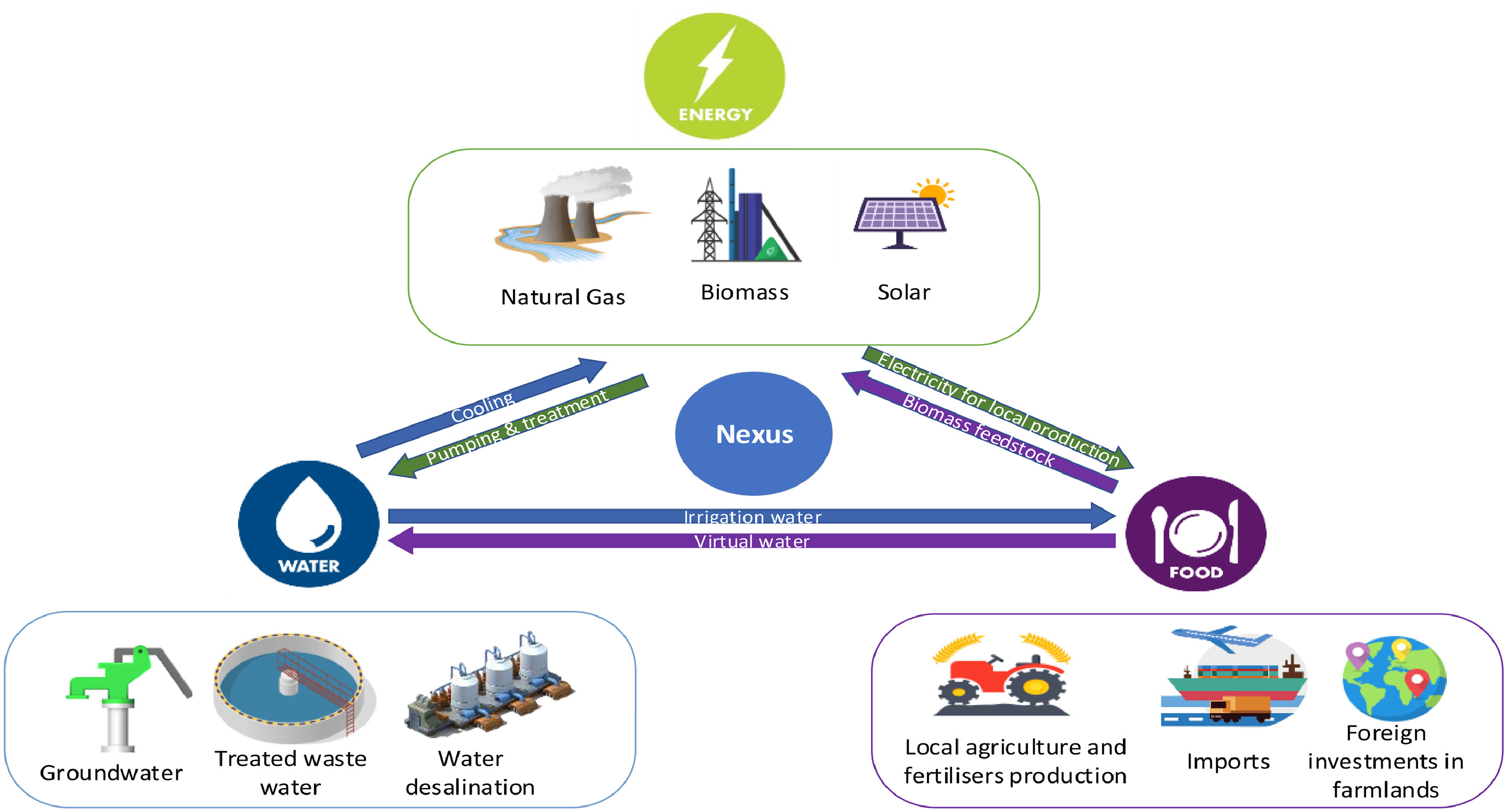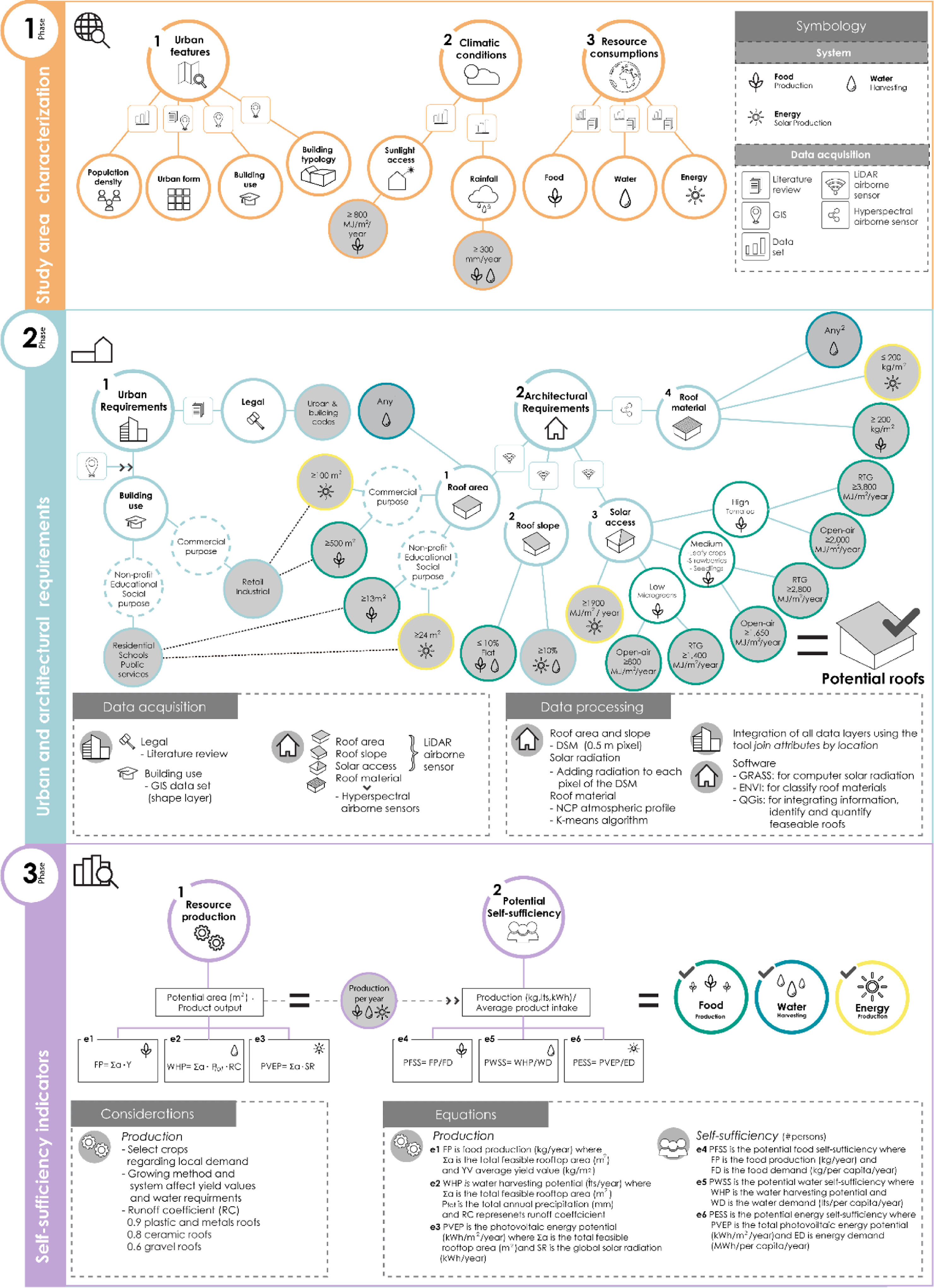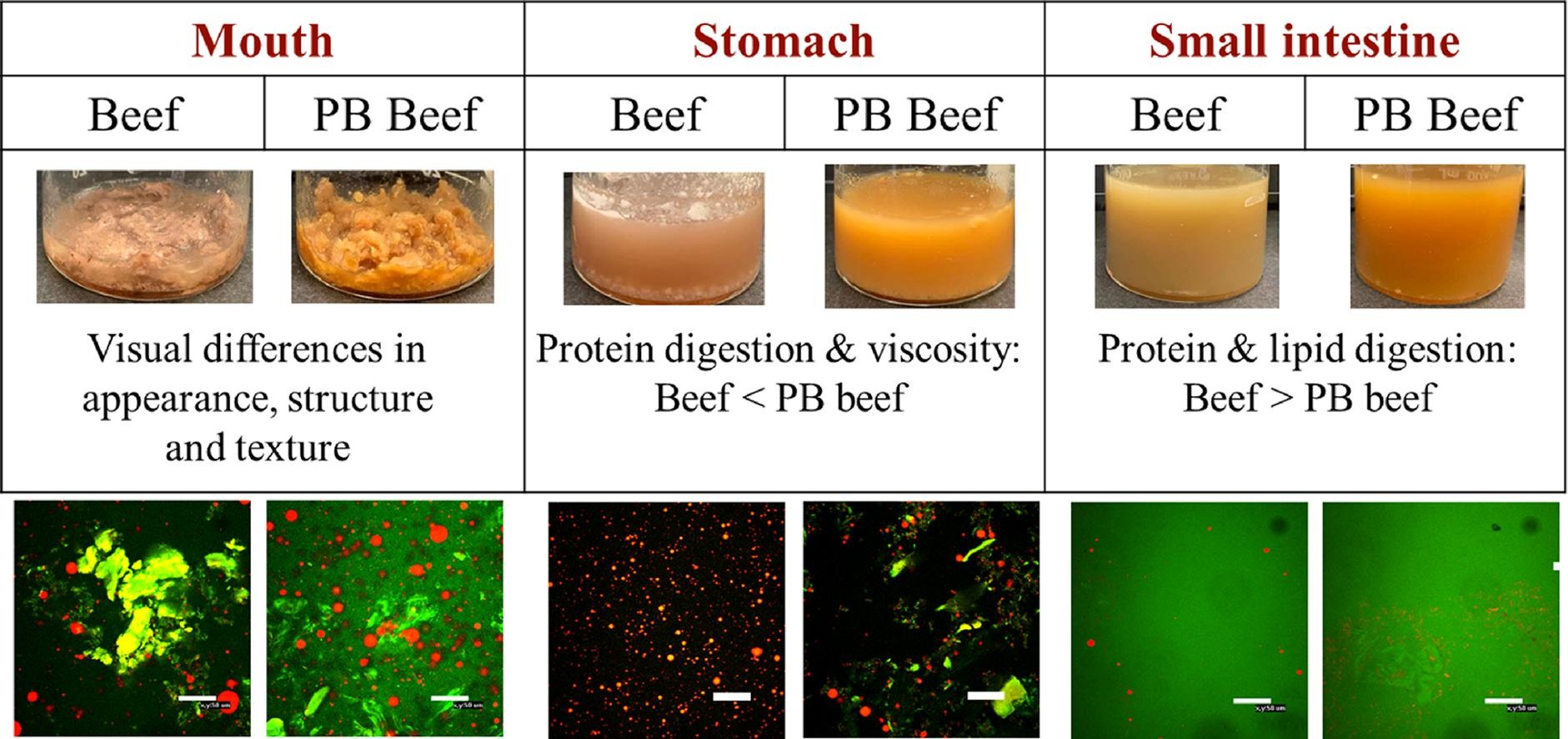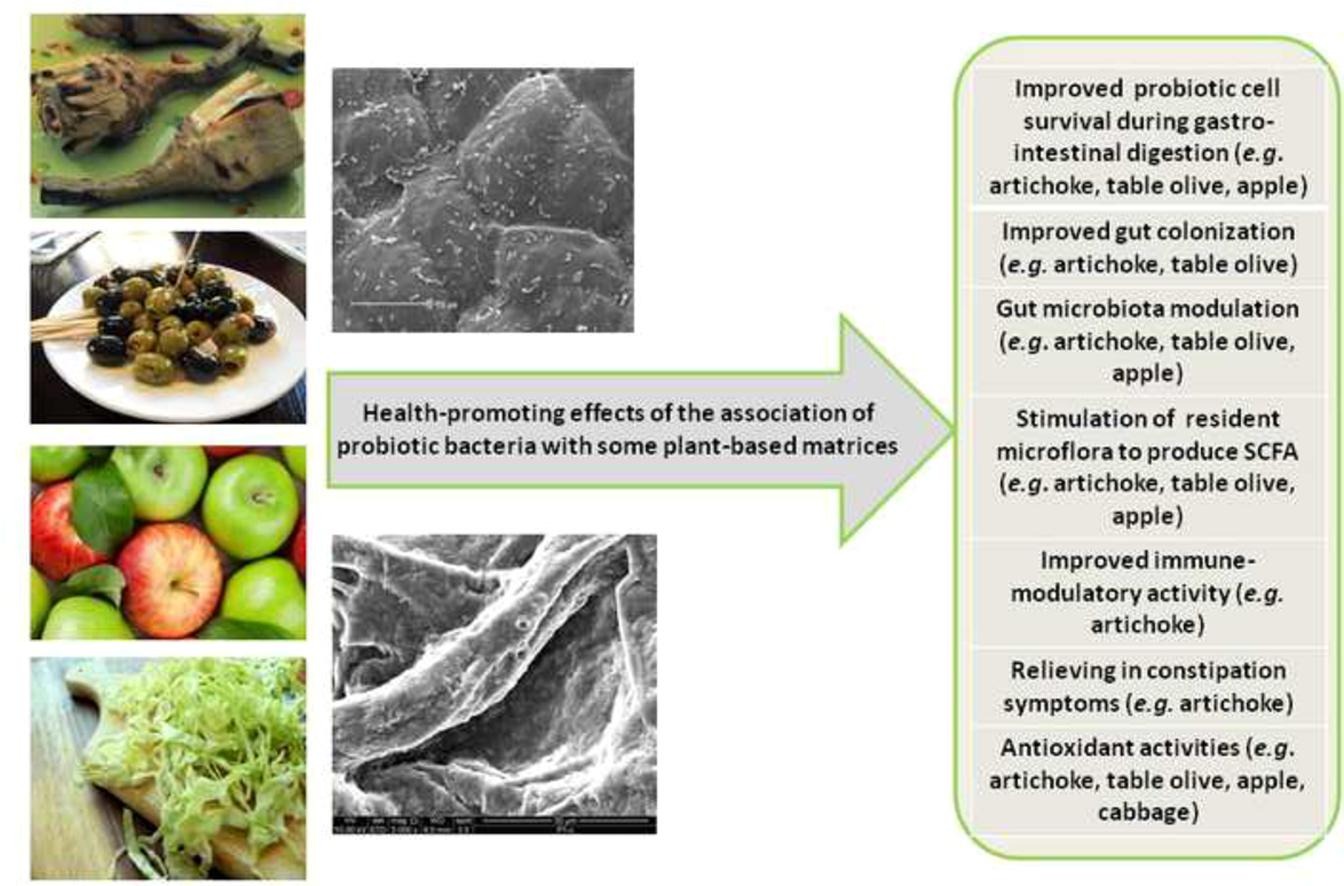Food security, nutrition, and sustainable agriculture constitute fundamental elements that contribute significantly to the attainment of the United Nations' Sustainable Development Goals (SDGs). These goals are a globally shared blueprint that calls for peace and prosperity for all people and the planet. Focusing on food security and nutrition is directly linked to SDG 2 which seeks to "End hunger, achieve food security and improved nutrition, and promote sustainable agriculture." Beyond SDG 2, these themes also relate to other SDGs such as Goal 3 - Good Health and Well-being, Goal 12 - Responsible Consumption and Production, and Goal 13 - Climate Action. The relationship between sustainable agriculture and these goals is profound; by promoting eco-friendly farming methods, we reduce the environmental footprint, mitigate climate change, and ensure the long-term sustainability of food production systems.
Moreover, sustainable agriculture is vital in fostering biodiversity, improving soil health, and enhancing water use efficiency, which are critical aspects related to Goals 14 and 15 - Life below Water and Life on Land respectively. By safeguarding our ecosystems, we not only ensure food security but also the preservation of the natural environment for future generations. In turn, better nutrition is a conduit to improved health (SDG 3), and it can also influence educational outcomes (SDG 4), given the known links between nutrition and cognitive development.
Furthermore, it is worth noting that the interconnections go beyond these goals. There's an important nexus between sustainable agriculture, food security and issues of poverty (SDG 1), gender equality (SDG 5), clean water and sanitation (SDG 6), and economic growth (SDG 8), among others. Sustainable agriculture creates job opportunities, thus reducing poverty levels. By empowering women in agriculture, we can help achieve gender equality. Proper water and sanitation practices in agriculture can prevent contamination, ensuring clean water and sanitation for all. Therefore, the triad of food security, nutrition, and sustainable agriculture, while being a significant goal in itself, is also a vehicle that drives the achievement of the wider Sustainable Development Goals.
Substitution of beef with alternative proteins is one practical trend taken by industry and consumers to reduce the negative impact of convenience products on the environment. Numerous products based on plant, insect and fungi proteins compete to replace beef burgers in an environmentally friendly and healthy way. At the same time, there is a lack of studies which assess different options from environmental impact perspective but also with consideration of production scales, recipes, nutritional values, and sensory properties.
The global market for plant-based foods intended as alternatives to cheese products is increasing and will reach almost $4 billion by 2024. In this study, an evaluation of the composition, structure and physicochemical properties of four commercial plant-based block-style products was conducted, with results compared with those for Cheddar and processed cheeses. The plant-based products had considerably lower protein contents (0.11–3.00%) compared to the Cheddar and processed cheeses (25.04 and 18.50%, respectively).
Using data from Eurobarometer 83.4, this study combines the two branches of research that address climate-related and biodiversity-related opinions and actions of individuals in the EU. The literature shows that the differences between climate-related and biodiversity-related policies correspond, at an individual level, to a person's basic attitudes towards environmental protection and towards nature protection, respectively.
Plant-based meat analogs are likely to have different gastrointestinal fates than real meat products due to differences in their compositions and structures. Here, we compared the gastrointestinal fate of ground beef and ground beef analogs using the INFOGEST in vitro digestion model, focusing on differences in microstructure, physicochemical properties, lipid digestion, and protein digestion in different regions of the model gut.
The performance of probiotic bacterial strains is influenced by the carrier food and its functional components which while buffering the probiotic through the gastro-intestinal tract, contribute to an efficient implantation of bacterial cells and regulate probiotic features. Particularly, plant-based matrices are eligible substrate for hosting and delivering microbial populations because of their richness in nutrients, fibers, vitamins, minerals and dietary bioactive phytochemicals.
Nutritional therapy can reduce the burden of depression management in low income countries: A review
IBRO Neuroscience Reports, Volume 11, December 2021




